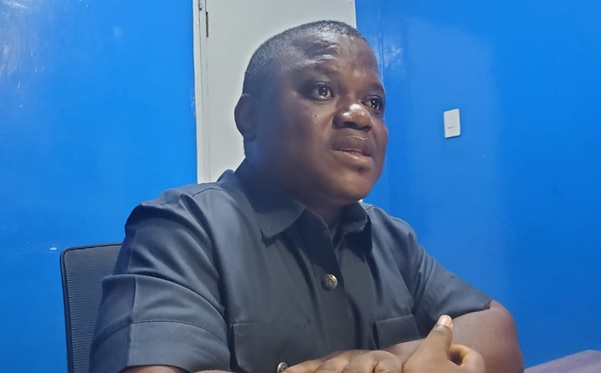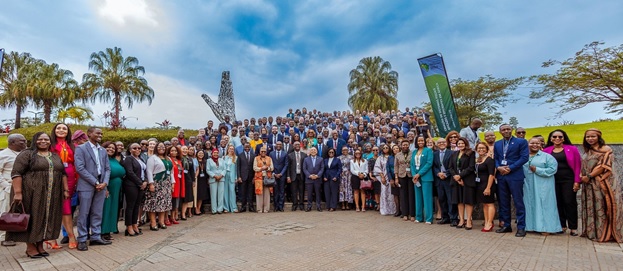MONROVIA, LIBERIA – As Liberia joins the rest of the world in observing International Anti-Corruption Day, the Center for Transparency and Accountability in Liberia (CENTAL) has issued a resounding call for the government to end the culture of impunity that continues to hinder the country’s anti-corruption efforts. This year’s observance is themed, “International Anti-Corruption Day 2024: CENTAL Craves the Government of Liberia to End Impunity for Corruption” and highlights critical gaps in Liberia’s fight against corruption.
Speaking at a press conference today, Monday, December 9, 2024, at CENTAL headquarters in Monrovia, CENTAL’s Executive Director, Anderson D. Miamen, commended Liberians, civil society, development partners, and public integrity institutions for their contributions to the anti-corruption agenda. He acknowledged progress in areas such as the enactment of the Whistleblower and Witness Protection laws, as well as efforts by institutions like the Liberia Anti-Corruption Commission (LACC), General Auditing Commission (GAC), and Internal Audit Agency (IAA) to track, investigate, and prosecute corruption cases.
Despite these strides, Miamen stressed that the Liberian government’s efforts remain insufficient to deter corruption effectively. “The biggest threat and missing link in the country’s anti-corruption drive is the government’s gross failure to end the culture of impunity for corruption,” he said. “This is heavily fueled by inadequate funding of public integrity institutions and limited political will, both at the presidential and legislative levels.”
Miamen criticized successive governments for making lofty anti-corruption promises without implementing meaningful actions. He called on President Joseph Nyuma Boakai to take a more robust stance against corruption, emphasizing that his leadership is crucial in reversing Liberia’s poor performance on global governance indices. Liberia currently scores 25 out of 100 on Transparency International’s Corruption Perception Index, one of the lowest rankings globally.
To address these issues, CENTAL stressed the need for President Boakai to lead by example by enforcing strict anti-corruption, transparency, and accountability standards. This includes acting decisively against officials in violation of the Code of Conduct for Public Officials, especially regarding asset declarations. Adequate financial and logistical resources must also be provided to public integrity institutions like the LACC and GAC, ensuring their independence and capacity to investigate and prosecute corruption cases involving current and former officials. Furthermore, CENTAL emphasized the need for these institutions to become more proactive and result-oriented, utilizing asset declarations and corruption cases effectively to hold public officials accountable.
Additionally, CENTAL highlighted the critical role of civil society organizations and the media in raising awareness about corruption and mobilizing citizens to demand accountability. These groups must lead by example, upholding ethical standards in their operations while encouraging public action against corrupt practices.
Miamen noted that Liberia’s current position presents both a challenge and an opportunity. He urged the Boakai administration to demonstrate bold leadership and commitment to reversing the negative trends that have plagued the country’s governance system.
“As we reflect on this International Anti-Corruption Day, we remind the government and people of Liberia that the fight against corruption requires collective effort. Only through strong leadership, sustained public pressure, and accountability at all levels can we hope to build a nation rooted in transparency and integrity,” Miamen concluded.
The observance of International Anti-Corruption Day serves as a reminder of the urgency to tackle corruption decisively and establish a governance system that upholds accountability, protects public resources, and fosters national development.







